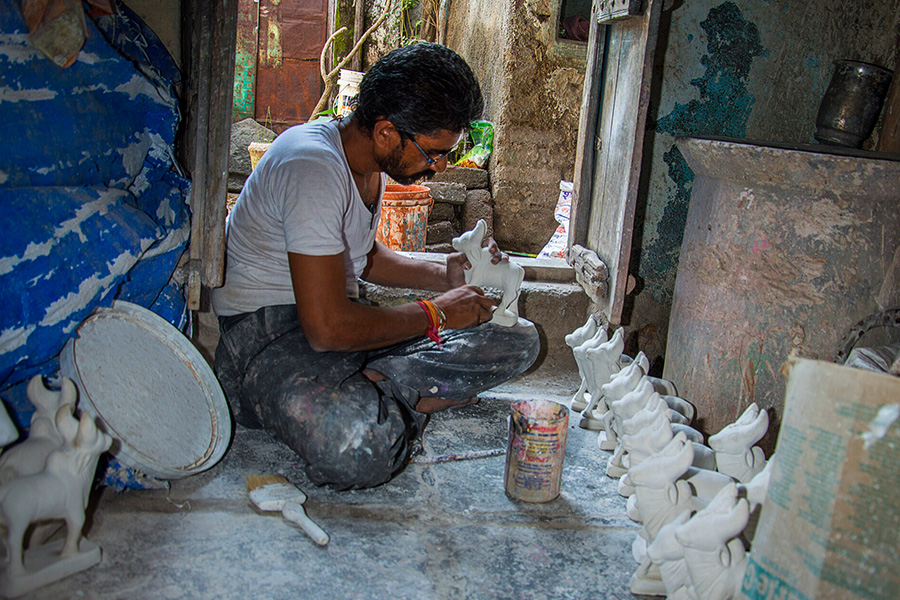
The paper argues that the caste oppression, enmeshed in the labour exploitation, was the defining factor in their migration overseas.
Author
Chandra Bhanu Nalamala, Assistant Professor, Jindal Global Law School, O.P. Jindal Global University, Sonipat, Haryana, India.
Summary
The early 20th-century nationalist discourse in India held the colonial state and the middlemen (maistry) responsible for the exploitation of the migrant labourers. The issue of their miserable condition eventually merged within the nationalist movement. This paper studies the experiences and perspectives of Dalit migrants in Burma and their role in the social and political movements in that period.
The paper argues that the caste oppression, enmeshed in the labour exploitation, was the defining factor in their migration overseas. Dalits who migrated to Burma primarily struggled against caste oppression in their immediate socio-economic and spatial context, a fact that was hardly acknowledged in the nationalist discourse. Hence, the Dalit migrants were critiques of the upper-caste nationalist discourse.
Published in: Economic & Political Weekly
To read the full article, please click here.


